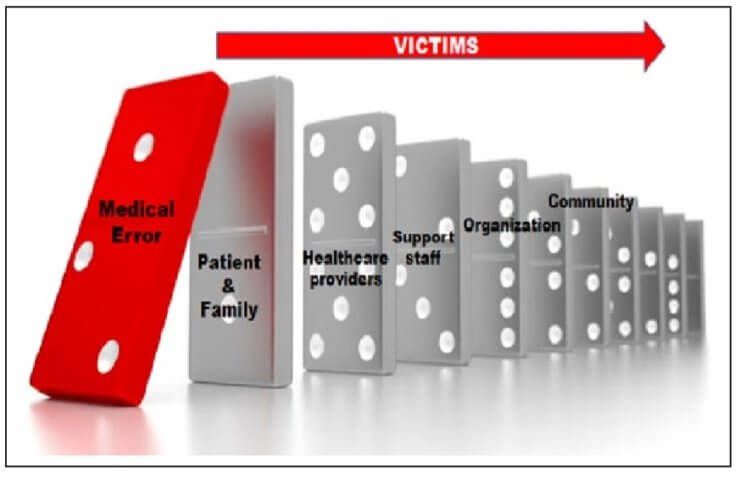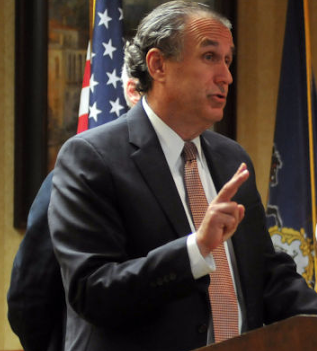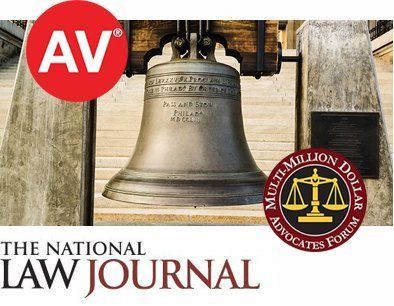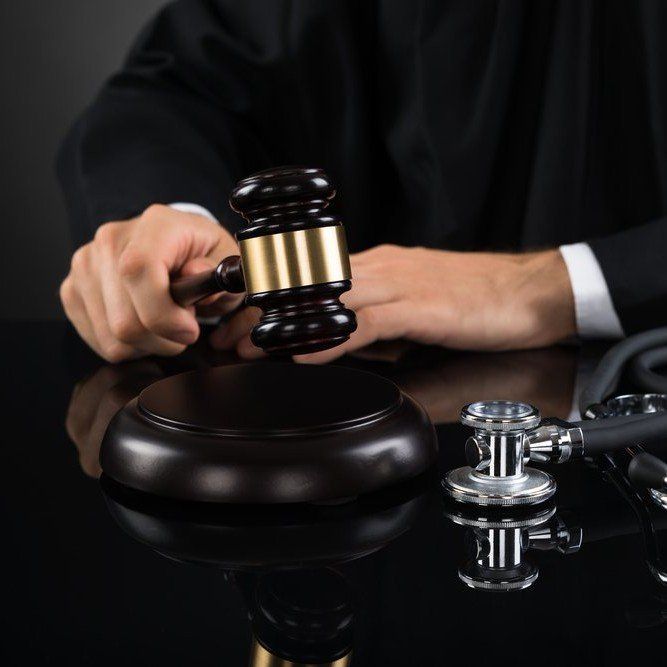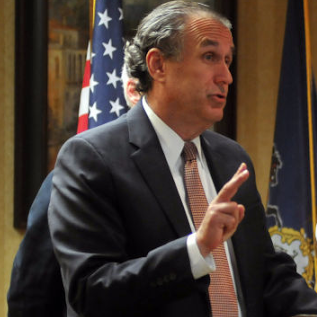When medical malpractice occurs, it is often the actions and inactions of
doctor(s), physician assistant(s), nurse(s), and other medical personnel that
become the focus of a medical malpractice case. But what about the hospitals,
nursing homes, health care systems, and other institutions that may be
involved?
In this article, we will discuss the ways in which hospitals, nursing
homes, urgent care centers, and health care systems can be held liable in a
medical malpractice case, both for the negligence and recklessness of the
medical personnel practicing within their walls and for their own negligence
and recklessness. Investigating and pursuing malpractice claims against the
medical institution at which the malpractice occurred often provides an
additional route of recovery for injuries and losses sustained as a result of
the malpractice.
At the Law
Office of Alvin F. de Levie, Esq., we have represented individuals and
families in medical malpractice cases for decades throughout the Commonwealth
of Pennsylvania, including, for example, Montgomery County, Philadelphia
County, Centre County, Bucks County, Chester County, Delaware County, Lehigh
County, Clearfield County, and Fayette County, to name a few. Our team of lawyers
has the expertise, the resources, and the experience in handling complex
medical malpractice cases and reviewing medical records to determine whether
hospitals, health care systems, nursing homes, urgent care centers, and other
such institutions may be held liable for the malpractice of a medical provider.
Vicarious Liability
In Pennsylvania, vicarious
liability is a doctrine which holds an employer responsible for the negligence
and recklessness of its employees and servants.
The theory is that an employer acts by and through its agents, servants,
representatives and employees. Therefore, any harm caused by the negligence or
recklessness of those agents, servants, representatives and employees is
directly attributable to the employer as if the employer itself caused the
harm.
In order for the doctrine of
vicarious liability to apply, the medical provider who committed the medical
malpractice must be:
- Employed by the
hospital, nursing home, urgent care, health care system, or other such entity; and
- Be operating within the
course and scope of his/her employment at the time the medical malpractice was
committed. In other words, the medical malpractice must have been committed
while the medical provider was “on the clock” and performing his or her job
duties in furtherance of the employer’s business.
Ostensible Agency
In modern medical practice,
the relationships between hospitals, health care systems, and the various
medical personnel that staff them is often extremely complex. For example, the
doctor you see at a hospital may not actually be an employee of the hospital
but may only see patients at the hospital by means of an agreement while he or
she is employed by an outside group of physicians. Similarly, you may get an MRI
or other diagnostic test performed at the hospital, which is then sent to an
outside radiologist to be read, with the results being disclosed to you by
actual hospital personnel. In these situations, the doctrine of vicarious
liability would not apply, as the medical provider who may have committed
malpractice is not actually an employee of the hospital, health care system or
other institution where you received care.
However, there may have been
no indication to you as the patient that the doctor or other medical provider
was not
an employee. In fact, it may be that the hospital or other
institution, by means of signs, advertisements, identification badges and other
information, held the medical provider out to you and the public as an employee
or otherwise made it so that the medical provider would at least appear
to be its employee.
In these situations,
Pennsylvania Courts apply the doctrine of ostensible agency. Under the doctrine
of ostensible agency, a hospital, physician or other such healthcare provider
may be held liable for the acts of an independent healthcare provider if he or
she appears to be the agent of the hospital, physician or other such healthcare
provider.
In determining whether
ostensible agency applies, the Courts look to whether a reasonably prudent
person in the patient’s position would be justified in the belief that the care
in question was being rendered by the hospital, physician, or other such
healthcare provider or its agents; or whether the care in question was
advertised or otherwise represented to the patient as care being rendered by
the hospital, physician or other such healthcare provider or its agents.
If ostensible agency applies,
the hospital or other health care institution can be held liable for the
actions and inactions of the medical providers who committed medical practice
as if they were the institution’s own employees, just like they were
vicariously liable.
Corporate Negligence
(i.e., direct negligence and “Thompson claims”)
In Pennsylvania, in addition
to potentially being vicariously and/or ostensibly liable for the actions of
medical providers, hospitals, health care systems and other such institutions
can be held liable for their own negligence
in performing their
corporate functions as a hospital or other such institution. The doctrine of
“corporate negligence” was first enunciated by the Pennsylvania Supreme Court
in the case of Thompson v. Nason, 527 Pa. 330,
591 A.2d 703 (1991).
In Pennsylvania, hospitals,
health care systems, and other such medical institutions have certain
non-delegable duties, namely:
- A duty to use reasonable care in the maintenance
of safe and adequate facilities and equipment;
- A duty to select and retain only competent
physicians;
- A duty to oversee all persons who practice
medicine in the hospital or other such institution; and
- A duty to formulate, adopt and enforce adequate
and appropriate rules, policies, and procedures to ensure quality care of the
patients.
If the victim’s medical
malpractice was in any way related to the hospital or other such institution’s
failure to fulfil any or all of these duties, it will be held liable for the
victim’s injuries losses directly, independent of any vicarious
liability or ostensible agency liability that may apply.
What
Should YOU Do If You, A Loved One or a Friend
Suffers Injuries or Death Caused by Medical Malpractice at a Hospital,
Health Care System, Nursing Home, Urgent Care, or other such Institution?
YOU SHOULD CONTACT MY OFFICE
IMMEDIATELY.
Medical malpractice cases, especially
those involving agency and corporate negligence issues, are incredibly complex
and require an extraordinary amount of investigation. Your attorney may need to
obtain and review thousands of pages of medical records, which will then need
to be reviewed by an expert. This is an
expensive and time-consuming process that must begin as soon as possible to
determine whether you have a claim. You also need an attorney with a thorough
knowledge of the practice of medicine and the resources and experts necessary
to take the case to trial, if necessary.
At the Law Office of
Alvin F. de Levie, Esq., our team of attorneys has decades of experience
representing individuals and families injured due to medical malpractice. We
have handled medical malpractice cases throughout Pennsylvania: From
Philadelphia and the surrounding counties to Centre County, from Central
Pennsylvania to Pittsburgh, and from the New York border to the borders of West
Virginia and Maryland. If you have
suffered an injury or someone died as a result of decubitus ulcers, please call
our firm – 24 hours a day, 7 days a week – at (215) 696-3900 for a
consultation. One of our team members
will be in immediate contact with you.
We maintain offices throughout Pennsylvania in Philadelphia, State
College and Bellefonte. We are willing to meet any clients throughout the
Commonwealth.























